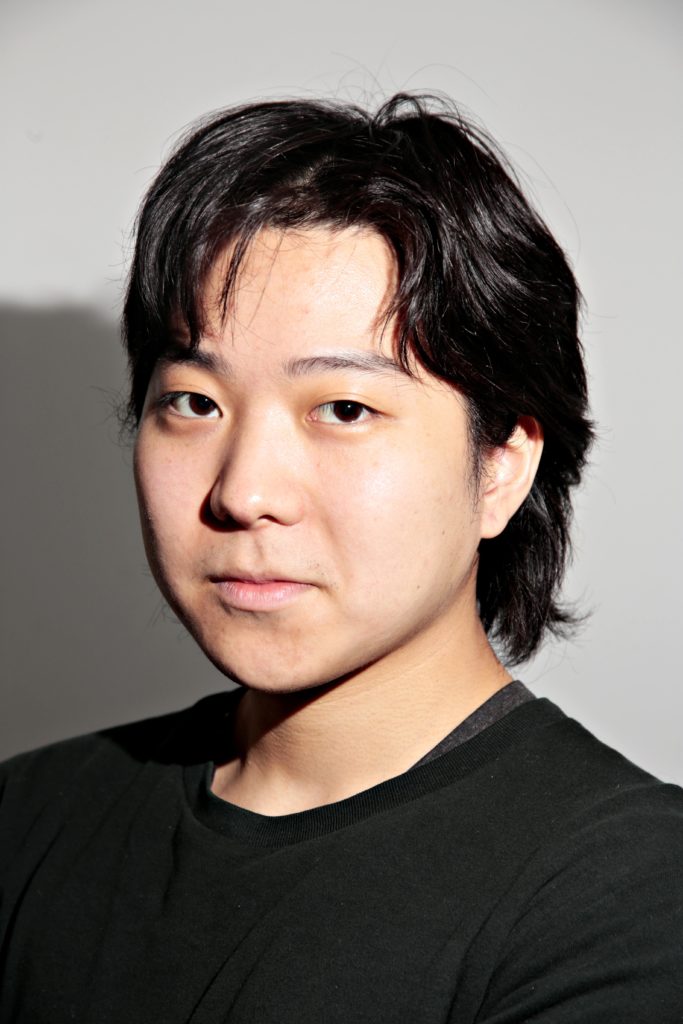
Keiju Takehara began his studies at the Levine School of Music, where he studied under Pamela Sverjensky and Martin Labazevitch for over ten years. Throughout his early training, he performed across the United States and Japan, and was featured on Classical WETA and WQXR Radio. Notable accolades include receiving the Rosalyn Tureck Prize at the Rosalyn Tureck International Bach Competition in 2016, and winning first place at the Puerto Rico International Piano Festival and Competition in 2019. Keiju has also had the privilege of performing in masterclasses with esteemed musicians such as the Emerson String Quartet, Barry Douglas, Joseph Kalichstein, Alexander Korsantia, Robert Levin, Robert McDonald, Lambert Orkis, Susan Starr, and Vladimir Tropp.
Keiju furthered his studies in New York City at the Manhattan School of Music, earning a Bachelor’s in Piano Performance under the guidance of Horacio Gutierrez. His teaching career began with private lessons in Brooklyn and Manhattan, and he later taught at a small music school in Chinatown, directed by Jae Kyo Han. Keiju frequently performs duets and piano concertos with his students, many of whom have won national competition prizes and performed at prestigious venues like Lincoln Center and Carnegie Hall.
A passionate advocate for chamber music, Keiju enjoys collaborating with fellow musicians. He had the privilege of premiering two chamber works by Jaegone Kim: Le Cirque (2018), a piano four-hands piece, and A travers une sphere de verre (2019), which features clarinet, percussion, piano, violin, and cello. During the 2020 pandemic, Keiju performed Julius Eastman’s Femenine in an outdoor concert with musicians from the contemporary ensemble BlackBox. He has also led choir rehearsals and coached student chamber ensembles.
Keiju’s teaching philosophy is grounded in three main principles:
Open Dialogue: Keiju fosters an open-dialogue environment, encouraging conversation and feedback. He believes that collaboration between the student and/or parent is essential for effective progress.
Efficiency: He focuses on conveying ideas and solving problems in a clear, simple, and coherent manner to maximize efficiency in learning.
Classical Foundation: Keiju emphasizes the importance of learning from the classical canon. For beginners, he reinforces basic music theory, note-reading, and musical terminology. As students progress, lessons evolve to focus on historical and stylistic context, technical efficiency, and detailed interpretation of more advanced repertoire.